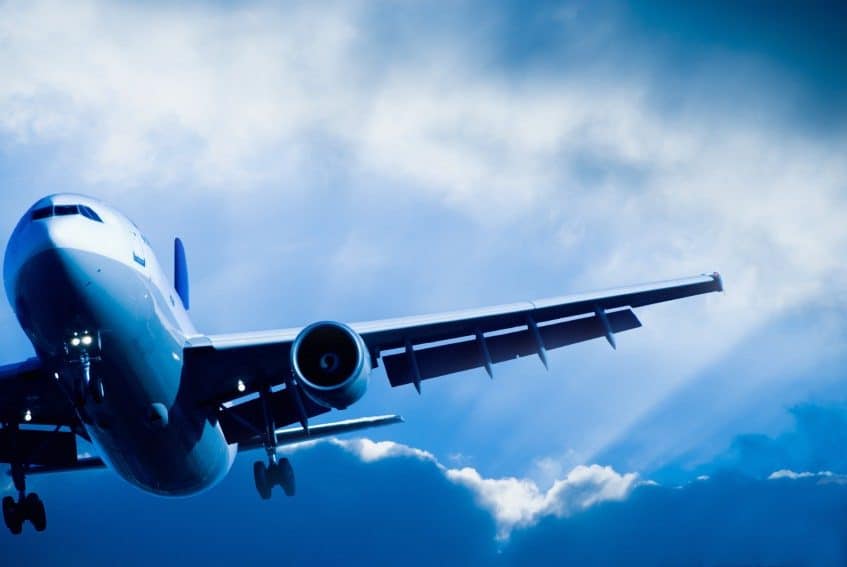There has been much interest lately in the development of two new players in the Canadian aviation scene. Canada Jetlines Ltd. and NewLeaf Travel Company are hoping to capture a piece of the commercial air travel pie by competing for passengers looking for low-budget, no-frills air travel. NewLeaf has already begun seat sales, with service to many smaller Canadian centres as well as the Greater Vancouver and Greater Toronto areas. However, no new airline enterprise can get off the ground without a bit of turbulence. Both companies have faced early challenges while navigating Canada’s regulatory landscape.
NewLeaf’s first flights touched down on July 25, 2016. This came after several months of delay, stemming from a Canadian Transportation Agency (“CTA”) review of the company’s business model. Unlike traditional airlines, NewLeaf is not an “air operator”. NewLeaf has paired with Flair Airlines Ltd., a Kelowna, B.C. based licensed air operator. NewLeaf acts only as a ticket reseller of Flair Airlines services, and is therefore not required to hold an air operator license.
After a lengthy review of this business model, the CTA confirmed in a March 29, 2016 decision that NewLeaf was not required to hold its own air operator license (the “CTA Decision”). The CTA also concluded that the flying public would be sufficiently protected because the actual operator, Flair Airlines, was required to hold a valid license and have a tariff that complied with legislative and regulatory requirements related to consumer protection. The symbiotic relationship between the companies relieved NewLeaf from an obligation to have its own tariff, but the CTA noted that NewLeaf would not be permitted to hold itself out as an airline.
Applications for judicial review and leave to appeal the CTA Decision were then filed in the Federal Court of Appeal (“FCA”). The FCA, in brief reasons released on June 9, 2016, granted leave to appeal and directed that the appeal and judicial review hearings be conducted together, and heard by the same panel. Most recently, a party to the appeal applied to the FCA for an injunction to ground NewLeaf until the company could post a performance bond of $3.74-million. Hearings are still pending for all matters. In the meantime, NewLeaf’s fledgling operations continue.
Canada Jetlines Ltd. is not yet off the ground and has also faced challenges as it seeks financing for its final build-out and launch of operations. In April 2016, Jetlines announced that it had applied to the Government of Canada for an exemption from the foreign ownership limit that exists for Canadian airlines.
Currently, section 62 of the Canada Transportation Act requires that domestic air service in Canada must be operated by Canadians, a term defined in section 55(1). Essentially, foreign ownership must be limited to 25% of the voting interests in the company. Additionally, the CTA monitors who has “control in fact” of the airline. Strategic decision-making activities and management of day-to-day operations must also be controlled by Canadians. Interestingly, amendments to the foreign ownership provisions have been in the works since 2009, but the amendments are not yet in force. The amendments would raise the limit of foreign voting interests in Canadian airlines from 25% to 49%.
Jetlines’ application for exemption is to allow for 49% foreign ownership of the company. In recent press releases, the company has pointed to Transportation Minister Marc Garneau’s Canada Transportation Act Review Report, which was tabled in February 2016, suggesting that its exemption would be in line with the public interest issues identified in the Report. Neither Jetlines nor the Minister has given a date by which a decision regarding the exemption will be rendered.
It remains to be seen whether NewLeaf and Jetlines can surmount these challenges as they vie to occupy the field of low-budget air travel in Canada. Stay tuned for future blog posts on further developments.


